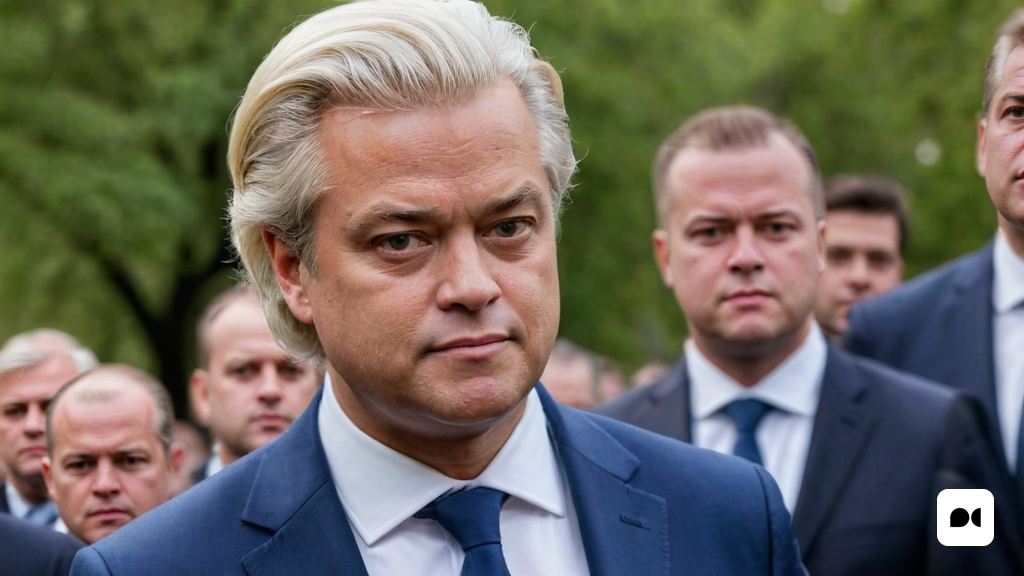Far-right leader Geert Wilders gives up his aspiration to become Prime Minister of the Netherlands due to lack of support from potential coalition partners.
Wilders prioritizes love for his country and his voters
Geert Wilders, leader of the far-right Freedom Party (PVV), surprised the Netherlands by coming first in last year’s elections. However, he has acknowledged that he will not be the next prime minister because his potential coalition partners do not support him. Wilders declared: “I can only be prime minister if all the parties in the possible coalition want it. That is not the case.” He added that his love for his country and its voters is greater and more important than his own position. Although he will not be prime minister this time, Wilders expressed his determination to become the country’s leader in the future, with the support of even more Dutch people.
The ultra PVV party and coalition negotiations
The ultra PVV party won 37 seats in the November elections, much more than expected. However, this is far from a majority in the 150-seat Parliament. Since then, the PVV has held exploratory coalition talks with three potential right-wing allies. Although there have been differences in positions, Wilders’ refusal to accept some of the more extreme promises in his manifesto has led to the withdrawal of unconstitutional measures.
The insurmountable obstacle of becoming prime minister
Despite his electoral success, Geert Wilders’ chance of becoming prime minister has been hampered by a lack of support from potential coalition partners. One of the partners, the newly formed NSC, has stated that it would not enter a formal coalition. The conversations have been described as characterized by “venom, mutual sniping and gossip.” Faced with this situation, Wilders has made the decision to give up his aspiration to be prime minister.
The future of coalition negotiations
Wilders’ announcement comes just before the intermediary facilitating coalition negotiations presents a report on their status. There is speculation about the possibility of a technocratic government and the formation of an “extra-parliamentary” cabinet. In this scenario, party leaders would remain in parliament and not join the new government, which would be made up of experienced politicians and possibly experts from outside politics.

